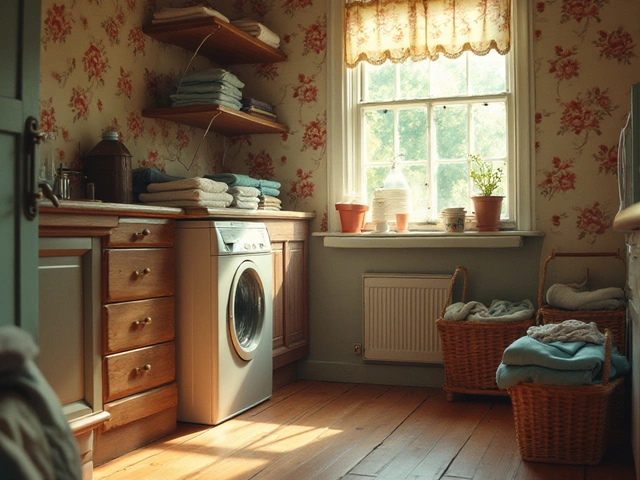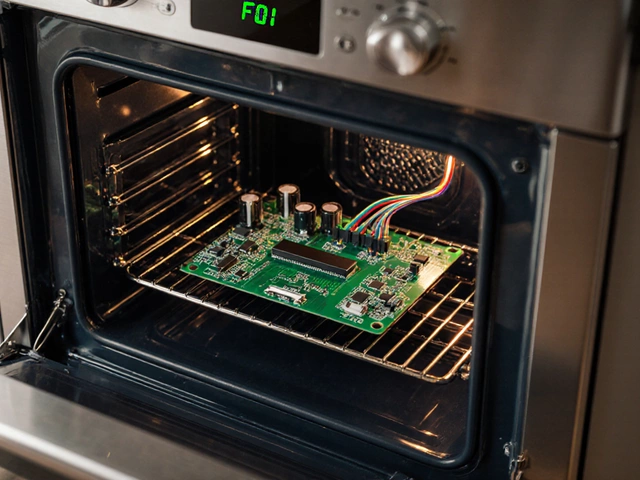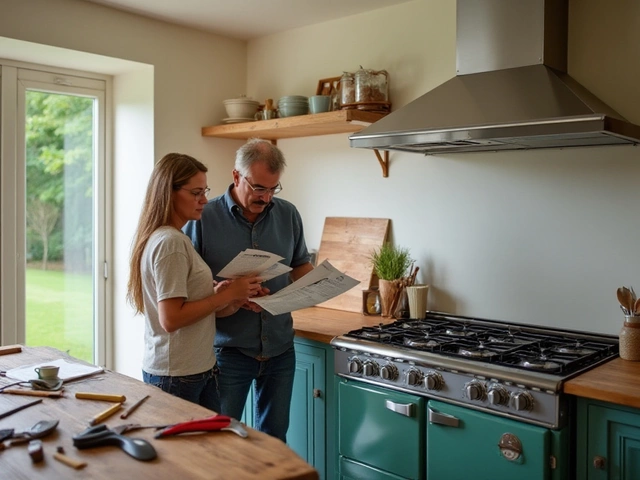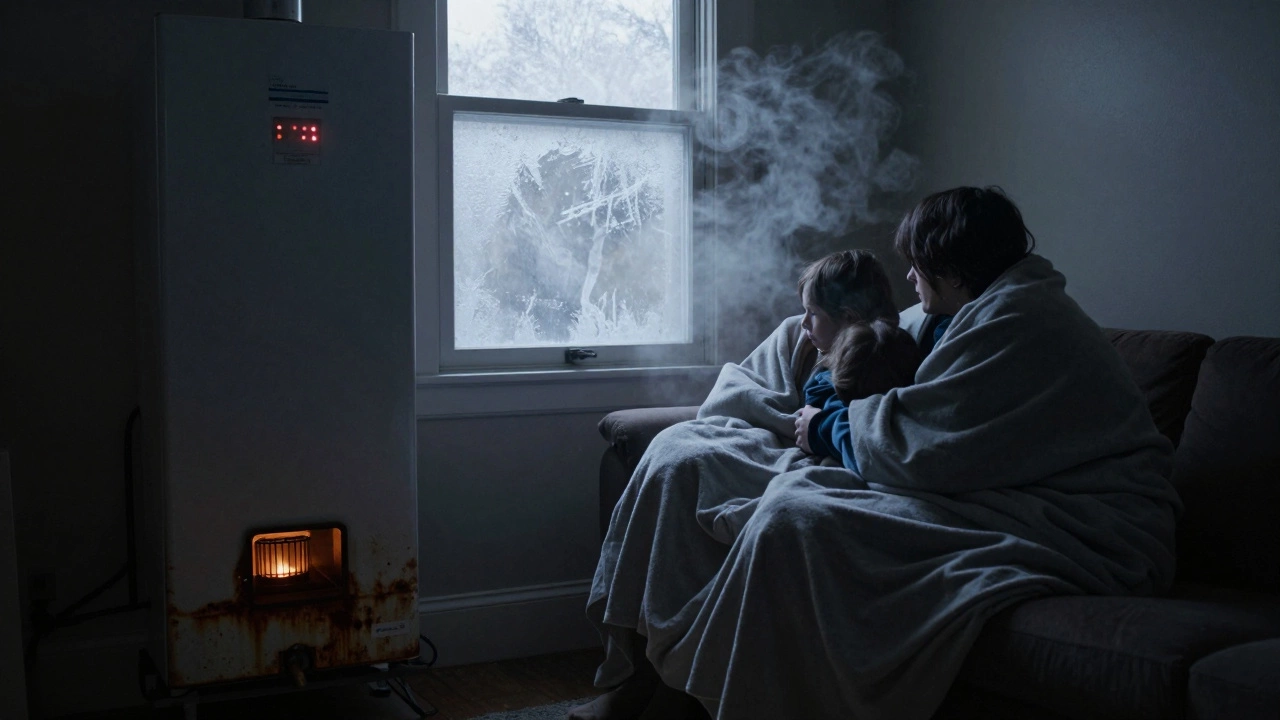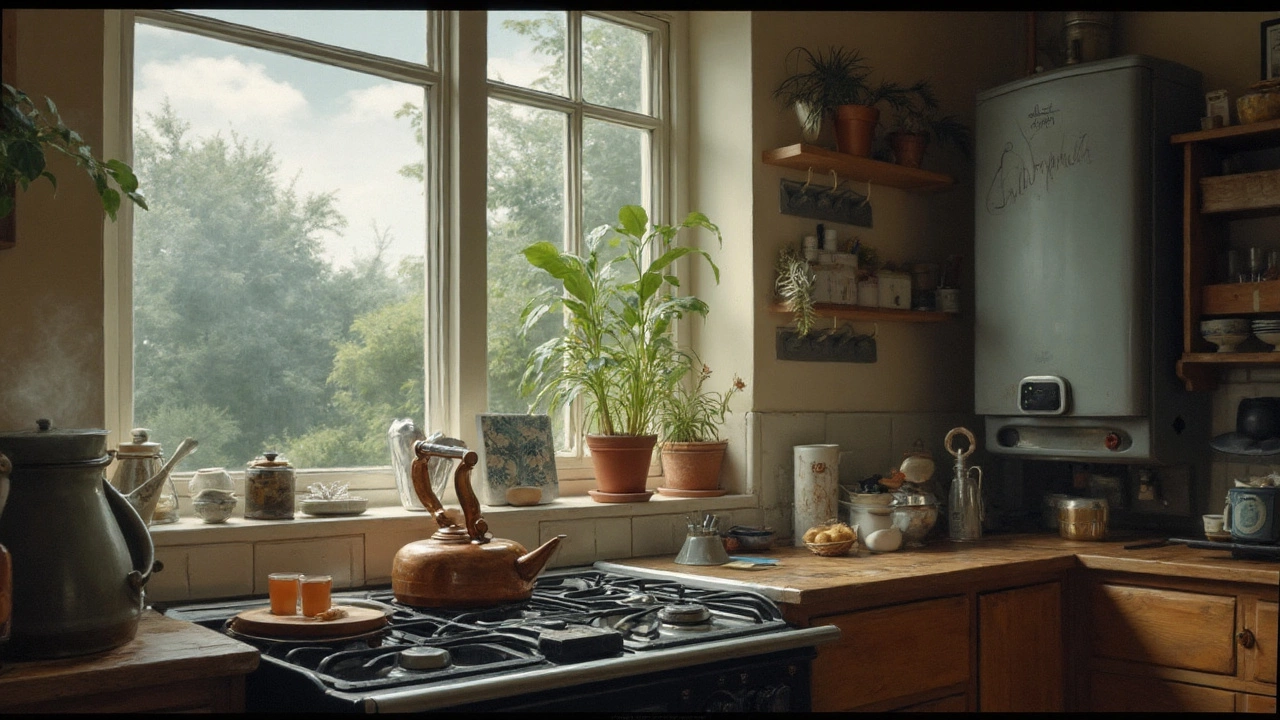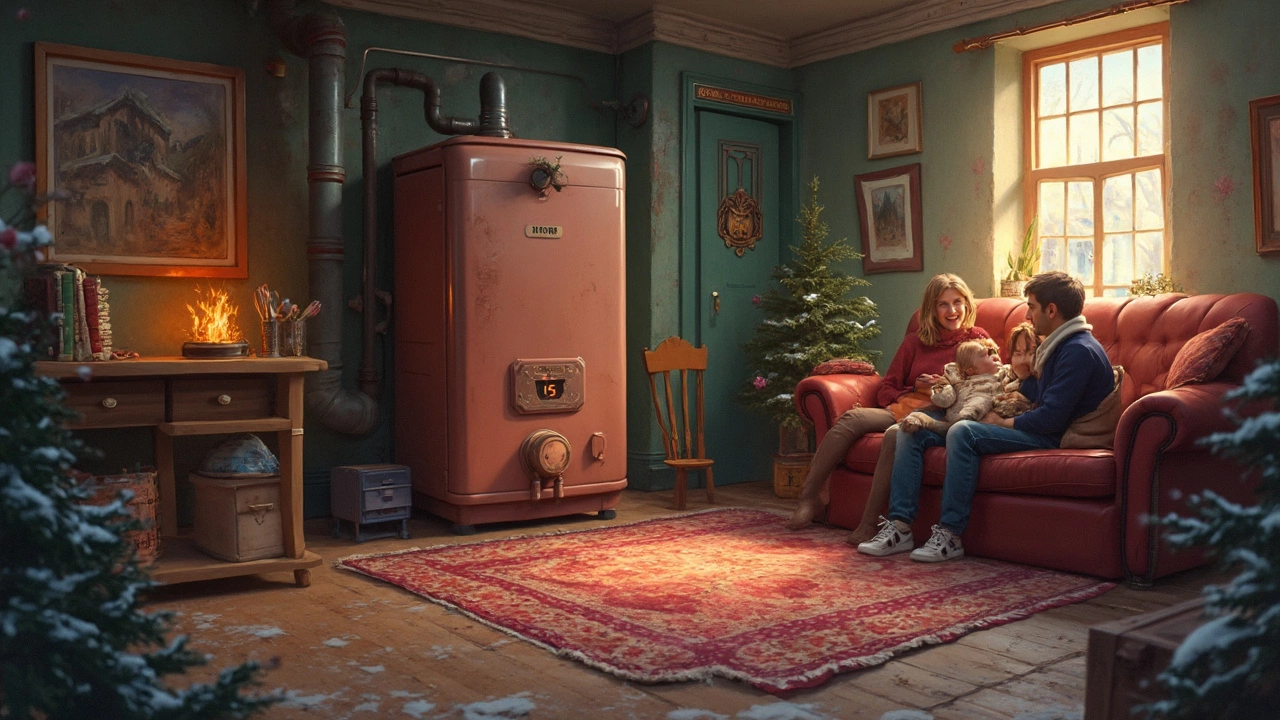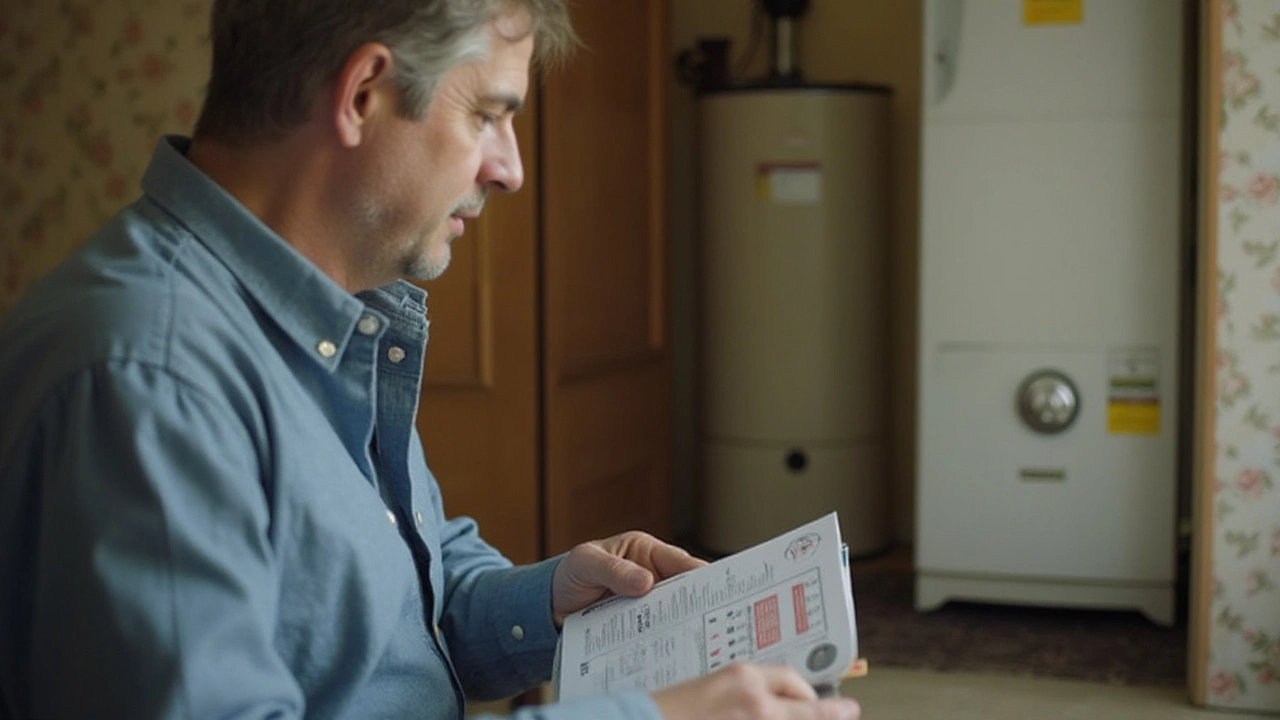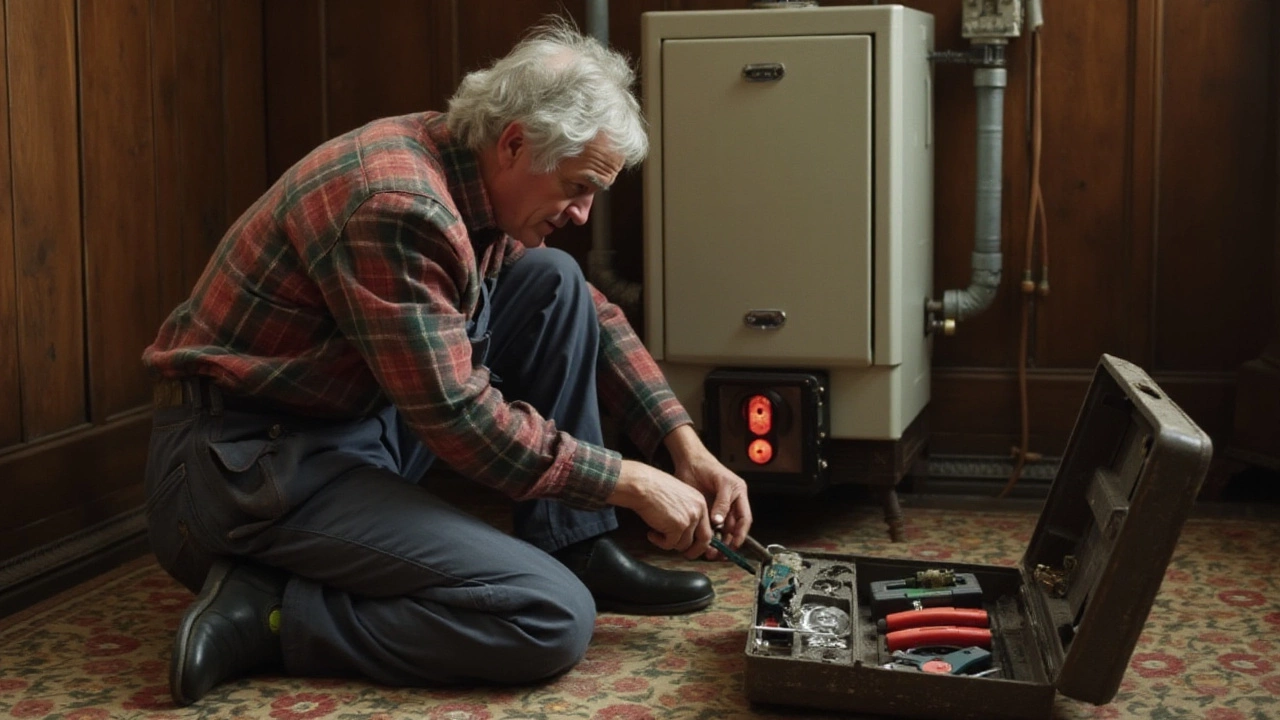Boiler lifespan: How long should a boiler really last?
Ever wonder why some neighbours get a new boiler every few years while others keep theirs running for decades? The answer lies in how you treat the unit, the type of boiler you have, and a bit of luck. In Rugby, where winters can be harsh, knowing the lifespan of your boiler helps you plan budgets and avoid a cold snap.
Average boiler life expectancy
Most modern gas or oil boilers are built to last between 10 and 15 years. If you bought a high‑quality model and keep up with regular service, hitting the 15‑year mark isn’t unusual. Older cast‑iron units can push 20 years, but they need more careful attention.
Key factors that stretch a boiler’s life:
- Annual servicing: A professional check once a year catches corrosion, leaks, and worn parts before they cause a breakdown.
- Water quality: Hard water accelerates scale buildup inside the heat exchanger. A water softener or descaler can add years.
- Installation quality: Poor pipe sizing or incorrect gas pressure shortens life dramatically.
- Usage patterns: Running the boiler nonstop in a poorly insulated house forces it to work harder, wearing parts faster.
Our own Boiler Replacement Costs: Why Is It So Expensive? article breaks down why a new unit can feel pricey – most of that cost is labor, safety checks, and the boiler itself meeting current efficiency standards.
Warning signs your boiler is near the end
Don’t wait for a total outage. Here are the red flags that mean it’s time to call a pro:
- Strange noises: Banging, whistling, or rattling usually point to scale or a failing pump.
- Leaks: Any water around the boiler, pipework, or on the floor is a sign of internal corrosion.
- Inconsistent heat: If rooms get hot then cold quickly, the heat exchanger might be losing efficiency.
- Rising energy bills: A slump in efficiency shows up as higher gas usage for the same warmth.
- Age: If the boiler is over 12 years old and you’re already hitting several of the above, start budgeting for replacement.
When you spot any of these, our How to Tell If Your Boiler Is Broken: Warning Signs & What to Do guide walks you through quick checks and when to pick up the phone.
Sometimes a simple part swap – a pump, thermostat, or valve – can add another five years. Other times the whole system is beyond repair, and a fresh, energy‑efficient boiler saves money in the long run.
So, what’s the best move for a Rugby homeowner?
- Schedule a service now if you haven’t had one this year.
- Check the installation date and note any recurring issues.
- If the boiler is older than 12 years and showing two or more warning signs, ask for a replacement quote.
Keeping an eye on your boiler’s health means you won’t be left shivering when the first frost hits. And if you do need a new unit, choosing a reputable local service like Rugby Appliance Repair Services ensures a smooth install and a warranty you can trust.
Ready to protect your home’s heat? Contact us today for a free boiler inspection and get a clear picture of how many warm winters you still have ahead.
